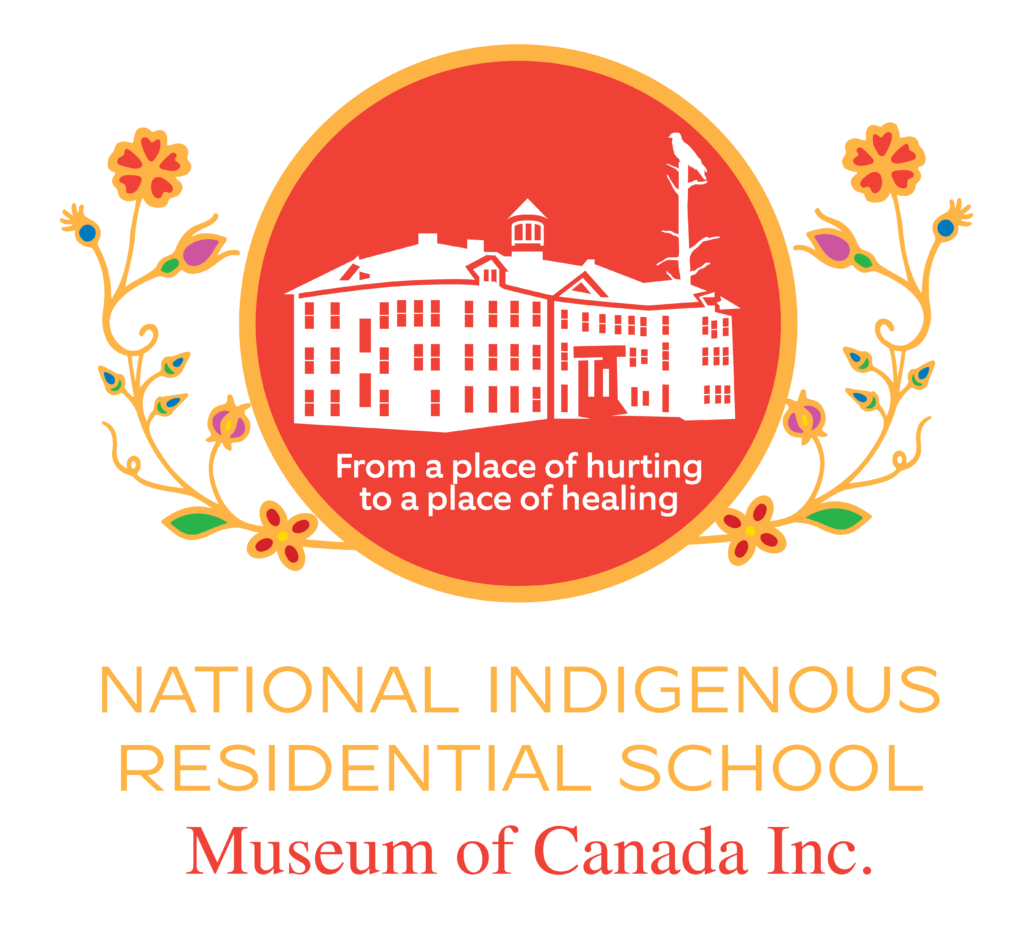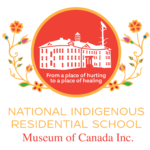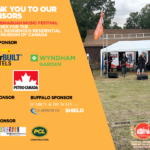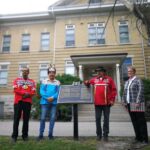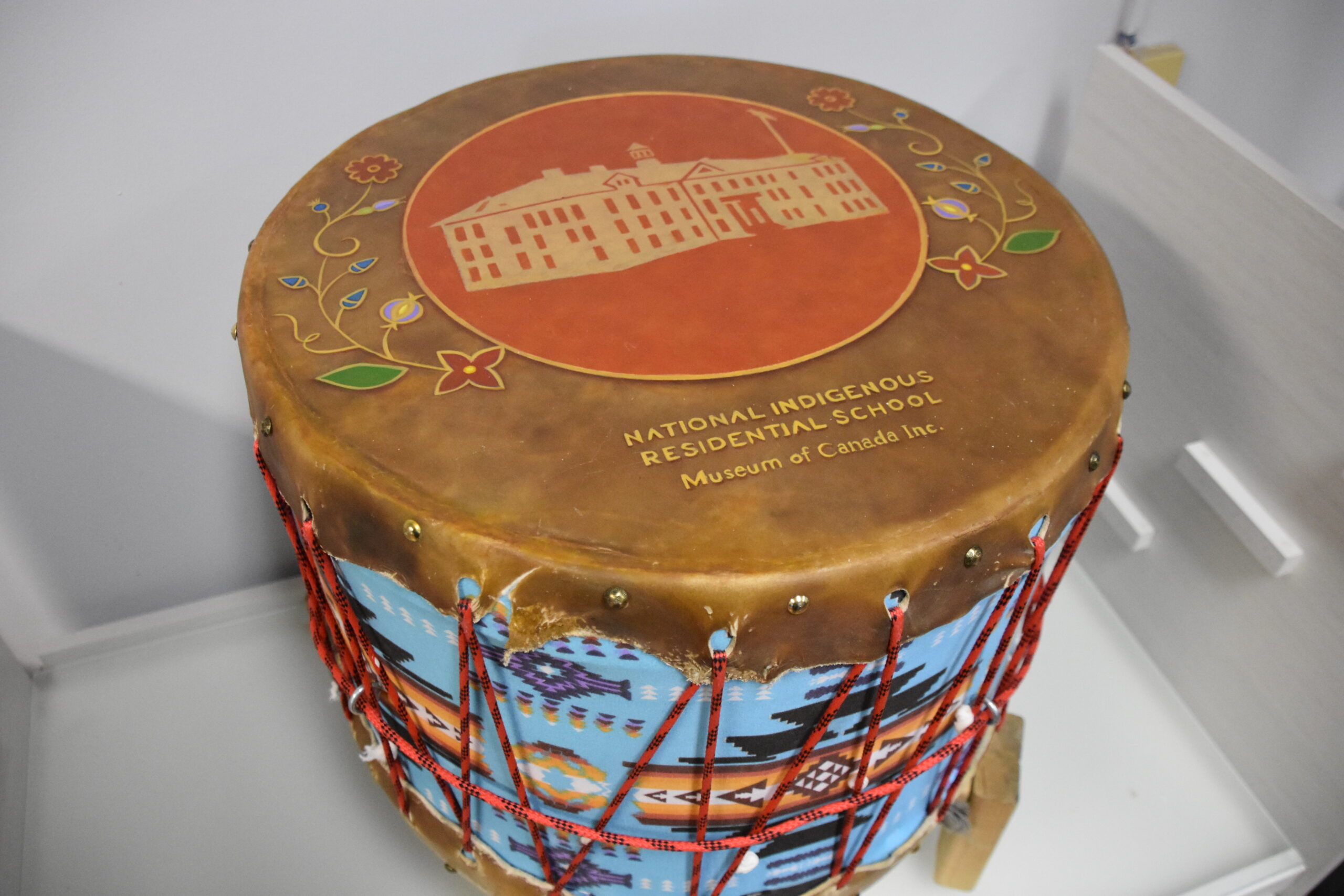
Why have the National Indigenous Residential School Museum of Canada Inc.?
For the Survivors:
- Create a memorial to those who went through the experience
- Honor the survivors, their families and communities
- Support survivors to cope with their experience,
- Educate indigenous and non-indigenous alike – and how the residential school system has impacted present day indigenous life.
For future Generations
- A place to learn about what happened
- Understand Residential School’s impact on communities
- A place to learn, share, heal and move forward
To have an Understanding
- All Canadian regardless of race have opportunity to learn this part of Canadian history.
- Museum to include repatriation of artifacts, to document, to preserve and archive history of this era
- Encourage healing and reconciliation activities
- Provide safe atmosphere for survivors, their families, communities and visitors who visit the Museum
Principles of Reconciliation #10
“Reconciliation requires sustained public education and dialogue, including youth engagement, about the history and legacy of residential schools, Treaties, and Aboriginal rights, as well as the historical and contemporary contributions of Aboriginal people to Canadian Society.”
What we have Learned – Principles of Truth and Reconciliation
Truth and Reconciliation Commission of Canada: Calls to Action: #80 refers to “A National Day for Truth and Reconciliation to honour Survivors, their families, and communities, and to ensure that public commemoration of the history and legacy of the residential schools remains a vital component of the reconciliation process”
24-Hour Indian Residential Schools Crisis Line
If you are a former residential school student in distress, or have been affected by the residential school system and need help, you can contact the 24-hour Indian Residential Schools Crisis Line: 1-866-925-4419
